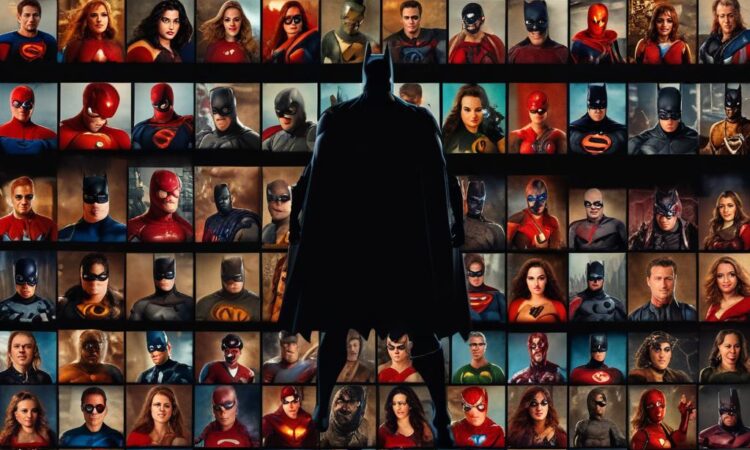The Evolution of Superhero Cinema
Superhero films continue to dominate the box office, but the genre is constantly evolving. This topic examines recent trends, such as the increasing popularity of darker and more complex superhero stories, and the impact of these changes on the future of the genre.
The Rise of the Superhero
The modern superhero film can be traced back to the 1978 release of Superman, starring Christopher Reeve. The film was a critical and commercial success, and it helped to establish the superhero genre as a viable force in Hollywood. In the years that followed, a number of other superhero films were released, including Batman (1989), The Incredible Hulk (2003), and X-Men (2000).
These early superhero films were often light-hearted and action-packed, but they also explored themes of morality, responsibility, and the nature of heroism. As the genre evolved, however, superhero films began to tackle more mature and complex themes.
The Dark Knight Trilogy
A turning point in superhero cinema came with Christopher Nolan’s The Dark Knight trilogy (2005-2012). The films, which starred Christian Bale as Batman, were praised for their dark and gritty tone, their complex characters, and their exploration of the darker side of human nature.
The success of The Dark Knight trilogy helped to usher in a new era of superhero cinema, one that was characterized by more serious and complex stories. The genre continued to evolve in subsequent years, with films such as The Avengers (2012) and Guardians of the Galaxy (2014) demonstrating the growing popularity of superhero ensemble films.
The Rise of the Anti-Hero
The rise of the anti-hero is another significant trend in superhero cinema. Anti-heroes are characters who possess heroic qualities but also exhibit morally ambiguous or downright villainous traits. They challenge traditional notions of good and evil and often operate outside the law. Examples of anti-heroes in superhero films include Deadpool, Wolverine, and the Punisher.
The popularity of anti-heroes can be attributed to a number of factors, including the increasing cynicism of modern audiences. Anti-heroes resonate with viewers who are tired of seeing idealized heroes and who are more interested in seeing characters with flaws and complexities.
The Future of Superhero Cinema
The future of superhero cinema is bright. The genre continues to evolve, with filmmakers constantly pushing the boundaries of what is possible. The rise of streaming services has also had a significant impact on superhero cinema, with companies like Netflix and Disney+ investing heavily in original superhero content.
As the genre evolves, we can expect to see more diverse and complex stories, as well as more unconventional heroes and villains. The superhero genre will likely continue to be a major force in Hollywood for years to come.
Conclusion
Superhero films have come a long way since the days of Superman. The genre has evolved in response to changes in society and the tastes of audiences. As a result, superhero cinema is now a more mature and complex genre than ever before.
The future of superhero cinema is full of possibilities. With talented filmmakers and innovative storytellers at the helm, the genre is sure to continue to entertain and inspire audiences for years to come.

